What you’ll learn:
- Ozempic® costs can vary. People with insurance might pay as little as $25 per month, while people without insurance can pay over $1,000.
- People using it to manage diabetes, not weight loss, are more likely to get insurance approval.
- To reduce Ozempic® costs, research discount programs, compare prices at different pharmacies, or consider alternative medications.
Ozempic® is an injectable medication initially designed to help people manage type 2 diabetes, now it’s regularly prescribed off-label for weight loss. Its active ingredient, semaglutide, is a GLP-1 receptor agonist, which means it mimics a natural hormone called glucagon-like peptide-1. For many, this action helps reduce appetite, slow the speed at which food moves through the stomach, and regulate blood sugar, leading to meaningful weight loss.
In clinical trials, people taking semaglutide lost an average of 15% of their body weight over 16 months. Its effectiveness has fueled its popularity, but there’s a catch—Ozempic® is also known for being expensive.
If you’ve been considering getting a prescription, you’re likely wondering what Ozempic® will cost. The answer to that question isn’t so easy to answer. The list price for a month’s supply of Ozempic® is just under $1,000, but what you pay out of pocket will vary. Your insurance coverage, chosen pharmacy, and eligibility for savings programs and coupons will determine your final price.
Understanding your insurance options and where to find discounts can make a huge difference in your pay. Let’s break down the costs, coverage options, and ways to save on Ozempic®.
How much does Ozempic® cost with insurance?
The monthly list price of Ozempic® is just over $997. The cost of Ozempic® with insurance depends on your provider, coverage type, and whether you use it for type 2 diabetes or weight loss. Some insurance plans cover Ozempic® for diabetes, and they require prior authorization, but coverage for weight loss isn’t common. Even with coverage, copays and out-of-pocket costs vary based on your insurance carrier’s different tiers and requirements.
- Private insurance: Ozempic® can be covered to treat type 2 diabetes, but off-label weight loss is usually not. Prior authorization is common, and insurers may require proof that cheaper alternatives (e.g., metformin) didn’t work when used to treat diabetes. Ozempic® is usually considered a Tier 3 or specialty drug, which means it comes with higher copays (around $50–$150 per month).
- Medicare (Part D & Advantage plans): Medicare Part D covers Ozempic® for diabetes, certain cardiac conditions, and kidney disease, but not weight loss. Copays range from $10 to $50 monthly, depending on the plan and coverage phase. Recent updates include the 2025 Inflation Reduction Act, which will cap annual out-of-pocket drug costs at $2,000 for Medicare Part D enrollees.
- Medicaid (varies by state): Most state Medicaid programs cover Ozempic® for diabetes under strict guidelines, but weight-loss use is rarely covered. Copays are typically low ($1–$5) or $0 for qualified people. Some states, like California and New York, expanded Medicaid coverage for weight-loss medications in 2023, but Ozempic® is often excluded unless prescribed for diabetes.
- Veterans Affairs (VA) and other government plans: Starting January 1, 2025, the Department of Veterans Affairs will cover Ozempic® under CHAMPVA, but only if a person has type 2 diabetes. Weight-loss prescriptions are not covered. TRICARE covers Ozempic® for diabetes with prior authorization.
Keep an eye on updates, as insurance policies can change. Coverage for Ozempic® may evolve with new regulations or insurer decisions, so reviewing your benefits annually or when you renew your plan is a good idea. Staying informed can help you find the most cost-effective option for your needs.
When does insurance cover Ozempic®?
While Ozempic® might be covered when it’s prescribed for diabetes, it is rarely covered by insurance for weight loss. But that doesn’t mean you shouldn’t check with your plan to see the options.
Here’s how to find out if your insurance covers Ozempic®:
- Look up your plan’s list of covered medications to see if Ozempic® is included.
- Call your insurance provider and ask about coverage, out-of-pocket costs, and prior authorization requirements. A prescription for Ozempic almost always requires prior authorization.
- Keep in mind that coverage often comes with specific conditions. Even with prior authorization, many insurance plans only approve Ozempic® for people (with type 2 diabetes) who have already tried other treatments, such as metformin. Insurers may not disclose these details upfront, so make sure to ask specific questions about eligibility criteria.
- Work with your doctor to submit paperwork showing why Ozempic® is medically necessary with proof that you’ve tried other treatments first.
- If you’re denied, don’t give up. Appeal and provide extra medical records, doctor letters, and a personal statement explaining how Ozempic® would benefit your health.
The process can take effort, but some get coverage approved after appealing.
Rx weight loss, the right way, with Noom
Get access to prescription weight loss medication with Noom.Can you get Ozempic® for free with insurance?
While getting Ozempic® completely free with insurance is rare, checking your insurance benefits, comparing pharmacy prices, and discussing alternative treatments with your doctor can help reduce out-of-pocket costs.
If you have commercial or private insurance, the Ozempic® Savings Card may lower your cost to as little as $25 per fill. Savings vary based on supply length and can last up to 48 months. If you don’t qualify, patient assistance programs may help reduce costs.
As mentioned, uninsured people who meet specific income requirements may qualify to receive Ozempic® for free through Novo Nordisk’s PAP. If eligible, this program can fully cover the cost of medication. You must have a type 2 diabetes diagnosis to qualify.
What factors affect the cost of Ozempic®?
The cost of Ozempic® can vary based on several factors, but insurance coverage is the biggest in determining how much you’ll pay out of pocket.
Other factors that can influence how much Ozempic® costs per month include:
- Manufacturer pricing: The cost of Ozempic® is set by the manufacturer, but upcoming Medicare price negotiations, recent price hikes, and changing insurance coverage could influence its future price.
- Location: Where you live matters. Ozempic® prices can vary based on your area due to local regulations and competition.
- Pharmacy pricing differences: Medication prices aren’t the same everywhere. Shopping around at different pharmacies can sometimes lead to better deals.
- Savings programs and discounts: Savings cards or patient assistance programs can help reduce costs for those who qualify.
Understanding these factors can help you plan and explore cost-saving options. Whether comparing pharmacy prices, checking for discount programs, or verifying insurance coverage, small steps can make a big difference in how much you spend.
Tips to reduce Ozempic® costs with and without insurance
Most people, even those with insurance, end up paying some out-of-pocket costs for Ozempic®. There are several ways to cut costs. Here are the cheapest ways to get Ozempic® with and without insurance and strategies to make it more affordable.
- Use the Ozempic® Savings Card or manufacturer assistance programs: If you have commercial insurance, you may qualify to pay as little as $25 per month for up to 48 months. If you’re uninsured and meet income requirements, you may be eligible for Novo Nordisk’s Patient Assistance Program (PAP), which can provide free or reduced-cost Ozempic® for type 2 diabetes.
- Go through the NovoCare Pharmacy: If you don’t have insurance, getting your prescription through the company’s own digital pharmacy can help you save. You will pay $199 for the first two months (0.25 and 0.5 doses). After that, you will pay $349 for all doses except the 2 mg, which will be $499.
- Compare prices at pharmacies & online providers: The cost of Ozempic® varies by location, so check prices at large retail chains and independent pharmacies. Some pharmacies price-match or offer discount coupons.
Will the cost of Ozempic® increase as my dose increases?
Your doctor will start you on the lowest dose of Ozempic® and increase it if you tolerate it well to continue steady weight loss. What you pay for Ozempic® may increase as your dosage increases, depending on where you get your prescription filled. If you get it through the NovoCare Pharmacy, you will pay $199 for the first two months (0.25 and 0.5 doses). After that, you will pay $349 for all doses except the 2 mg, which will be $499.
How to get an Ozempic® prescription for weight loss
Getting an Ozempic® prescription for weight loss depends on your eligibility and your provider. Since Ozempic® is FDA-approved for type 2 diabetes, using it for weight loss is considered off-label, meaning not all healthcare providers will prescribe it for this purpose. Plus, you must meet specific BMI requirements to qualify.
- Who can prescribe Ozempic® for weight loss? Primary care physicians, endocrinologists, and obesity specialists can determine whether Ozempic® is right for you. If you qualify for Noom Med, you’ll be paired with a clinician who can prescribe it if necessary. Learn more about your options in this guide.
- How do you qualify for Ozempic®? Ozempic® can be prescribed for weight loss for people who have BMIs of 30 or higher or a BMI of 27 or higher with a weight-related health condition, like high blood pressure.
- How do you get an Ozempic® prescription online? If you qualify for Noom Med, your clinician will complete a brief evaluation and prescribe Ozempic® (or an alternative) online, if needed. You will fill your prescription at a pharmacy of your choice. More details are available in this guide.
Who cannot take Ozempic®?
While Ozempic® can be an effective medication for managing type 2 diabetes and weight loss (off-label), it is not the right medication if you have certain preexisting conditions. Always discuss your complete medical history with your provider.
You should not take Ozempic® if you have:
- A personal or family history of medullary thyroid carcinoma (MTC) – MTC is a rare type of thyroid cancer.
- Multiple endocrine neoplasia syndrome type 2 (MEN 2) – MEN 2 is a genetic condition that increases the risk of thyroid tumors.
- A history of pancreatitis – Ozempic® may increase the risk of pancreas inflammation.
- Severe kidney disease – Ozempic® can cause dehydration, which may worsen kidney function.
- Severe gastrointestinal issues – if you have gastroparesis (delayed stomach emptying) or other severe digestive conditions, you shouldn’t take Ozempic®.
- Diabetic retinopathy – Ozempic® has been linked to worsening diabetic eye disease in some cases.
You also cannot take Ozempic® if you are:
- Pregnant or plans to become pregnant – Ozempic® isn’t safe to use during pregnancy.
- Breastfeeding – There is limited data on whether Ozempic® passes into breast milk, so you shouldn’t use it while breastfeeding.
Medications that may interact with Ozempic®
Certain medications can interact with Ozempic® and may require adjustments or extra monitoring, like:
- Other diabetes medications (e.g., insulin and sulfonylureas) – These can increase the risk of low blood sugar (hypoglycemia).
- Oral medications – Ozempic® slows stomach emptying, impacting how some oral drugs are absorbed.
- Medications that slow digestion – These may enhance Ozempic®‘s effects on the stomach, leading to side effects like nausea or bloating.
Can Ozempic® be combined with other weight-loss medications?
You should only use Ozempic® with other weight-loss medications under the supervision of a doctor. Combining weight-loss drugs can increase the risk of side effects.
Where to get a prescription for Ozempic® filled
Once you have a prescription for Ozempic®, choosing the right pharmacy can help you find the best price—whether you have insurance or are paying out of pocket. Prices for an Ozempic® pen vary by pharmacy, so shopping around can help you save.
Below are current price listings from GoodRx to help you compare. Enter your zip code to search for prices at the locations closest to you.
1. Warehouse clubs and supermarkets: Membership-based stores and large retailers sometimes offer lower prices than traditional pharmacies. Estimated prices are (subject to change):
- Costco: $960
- Walmart: $995
- Target: $995
2. Retail pharmacies & prescription discount programs: Many national and local pharmacies provide discount programs or manufacturer savings cards that may lower costs. Current estimated prices:
- CVS: $995
- Walgreens: $995
- Rite Aid: $995
Disclaimer: Prices may change and are accurate as of publication. Costs can vary based on your location and pharmacy.
Ozempic® alternatives to consider
While Ozempic® is a popular choice for weight loss and diabetes management, it is not the only option. Several other medications in the GLP-1 receptor agonist family can be prescribed for diabetes management and/or weight loss. Some might even cost less or be covered by your insurance plan. Let’s break down the options:
Semaglutide medications
Two other branded medications contain semaglutide, the active ingredient in Ozempic®, and work similarly, including:
- Wegovy® – Wegovy® is FDA-approved for managing weight under the same BMI guidelines as Ozempic®. It can be prescribed in a higher dose than Ozempic®. Without insurance, it typically costs more than Ozempic®, about $1,349 monthly. But you can also get Wegovy® filled through the NovoCare Pharmacy for less. Like Ozempic®, it will cost $199 per month for the first two months (0.25 mg and 0.5 mg). All other doses and subsequent months will cost $349.
- Rybelsus® – Rybelsus® is an oral form of semaglutide approved for managing diabetes and sometimes used off-label for weight loss. The list price without insurance is the same as that of Ozempic®: $997.58 monthly.
Tirzepatide medications
Tirzepatide works differently than semaglutide. It targets two hormone receptors, GLP-1 and GIP, which can lead to more significant weight loss in some cases. Your options include:
- Zepbound® –This medication is FDA-approved for weight loss for people with the same BMI guidelines as Ozempic®. Its list price is $1,086 per month.
- Mounjaro® – Like Ozempic®, Moujaro® is FDA-approved for type 2 diabetes but can be prescribed off-label for weight loss. It costs about $1,080 per month without insurance.
Zepbound and Mounjaro are prescribed at the same doses.
Liraglutide medications
Liraglutide targets GLP-1 receptors like Ozempic® but is shorter acting, meaning people need to take an injection each day. Here’s a look at pricing and approved uses:
- Saxenda® – Saxenda® is FDA-approved for weight loss. Its list price is $1,349 per month without insurance.
- Victoza® – This medication is FDA-approved to treat diabetes and is sometimes prescribed off-label for weight loss. It costs between $800 and $1400 per month.
- Generic liraglutide – Generic liraglutide offers a more affordable option for people managing type 2 diabetes, heart disease, or weight loss. The current cost is about $470 for a pack of two pens and $704 for a pack of three pens.
Dulaglutide medication
Dulaglutide, available under the brand name Trulicity®, is similar to Ozempic® but works slightly differently. It is taken as a weekly injection. Trulicity is FDA-approved to manage type 2 diabetes and is occasionally prescribed off-label for weight loss. The list price is $987 per month.
Other weight loss medications to consider:
While GLP-1 medications are a very popular choice for weight loss, other weight loss medications can also be effective or more affordable for some people. Here’s a look at some of the alternatives (always double-check the prices at your pharmacy for the most accurate numbers) :
- Metformin – Metformin is FDA-approved for diabetes, but it can be prescribed off-label for weight loss. It can help people lose moderate amounts of weight.
- Orlistat – This medication helps block fat absorption and is taken three times daily with meals. The cost can vary widely, ranging from $50 to $800 per month without insurance.
- Phentermine – Phentermine is an appetite suppressant designed for short-term use. It is taken once daily to help reduce hunger. Prices typically range from $27 to $100 per month without insurance.
- Diethylpropion – Diethylpropion is taken one to three times daily and is used for short-term appetite suppression. Its price ranges from $40 to $85 per month without insurance.
- Naltrexone and bupropion (Contrave)– This combination drug is FDA-approved for weight management and helps reduce appetite and cravings. For people using the CurAccess™ Patient Support Program, Contrave is $99 per month with free shipping. If your insurance covers Contrave, it may cost less. Prices can range from $600 to $800 per month without these benefits.
Ozempic®: Side effects and warnings
Ozempic® comes with potential side effects. While most are mild, some people experience more severe issues. If you get your prescription through Noom Med, your clinician will help you manage any side effects. If you get your prescription through a private clinician, use Noom’s GLP-1 Companion if you’re a member. It provides nutrition guidance, protein tracking, and on-demand fitness classes. These will help you keep track of side effects, manage triggers, and build and maintain muscle while losing weight.
Ozempic®: Most common side effects
The most common side effects tend to be mild and happen when you start the medication or up the dose. They often subside as your body gets used to the medication. They can include:
- Nausea
- Vomiting
- Diarrhea
- Constipation
- Fatigue
Ozempic®: Serious side effects and warnings
While Ozempic® has been studied and is safe for most people, it still carries potential risks. Some side effects require immediate medical attention. Always follow prescription guidelines, monitor your body’s response, and discuss any concerns with your clinician.
Get immediate medical help if you suspect or experience any of the following:
- Pancreatitis: Symptoms include severe abdominal pain that radiates to your back, with or without vomiting. Read more about the connection between Ozempic® and pancreatitis.
- Vision changes: If you notice any sudden changes in your vision while taking Ozempic®, get immediate medical attention.
- Low blood sugar (hypoglycemia): Symptoms include dizziness, shakiness, blurred vision, fast heartbeat, and feeling jittery. Low blood sugar is most likely in people who are also taking medications for diabetes. Learn more about Ozempic® and hypoglycemia.
- Kidney problems: Diarrhea, nausea, and vomiting can cause dehydration and worsen kidney issues. Go to the ER if you experience decreased urination, swelling in the ankles or legs, fatigue, or shortness of breath.
- Gallbladder problems: Symptoms include upper abdominal pain, fever, jaundice, or clay-colored stools.
- Allergic reaction: Symptoms include swelling of the face, lips, tongue, or throat, difficulty breathing or swallowing, or a rapid heartbeat. If you think you’re having an allergic reaction to Ozempic®, get immediate medical attention.
- Thyroid tumors or cancer: Be alert for a lump or swelling in the neck, difficulty swallowing, or shortness of breath. (This connection has only been established in animal studies.) Learn more about Ozempic® and thyroid cancer.
For a full breakdown of potential risks, see Ozempic safety information.
Making informed decisions about Ozempic® costs
While Ozempic® has gained widespread attention for its role in weight loss, its high cost and limited insurance coverage can make access challenging for many. Understanding pricing, the factors that influence out-of-pocket costs, and exploring savings programs can help you make informed decisions about whether this medication is the right fit for your health and budget. While some people can get partial insurance coverage for Ozempic®, especially when treating diabetes, those using it off-label for weight loss may need to explore alternative options. Patient assistance programs, pharmacy price comparisons, and other GLP-1 medications may offer similar benefits at different price points.
Ultimately, the decision to start Ozempic® should be based on both medical and financial considerations. Working closely with your healthcare provider or Noom Med clinician to determine eligibility, navigating the insurance approval process, and considering alternative weight-loss medications when necessary can help you find the most effective and sustainable treatment for your needs. As the conversation around GLP-1 medications evolves, staying informed about pricing changes, coverage updates, and emerging treatments will be key to accessing the best options for long-term health and weight management.
Note: Ozempic® is not FDA-approved to treat obesity or for weight loss.
Why you can trust us
At Noom, we’re committed to providing health information that’s grounded in reliable science and expert review. Our content is created with the support of qualified professionals and based on well-established research from trusted medical and scientific organizations. Learn more about the experts behind our content on our Health Expert Team page.



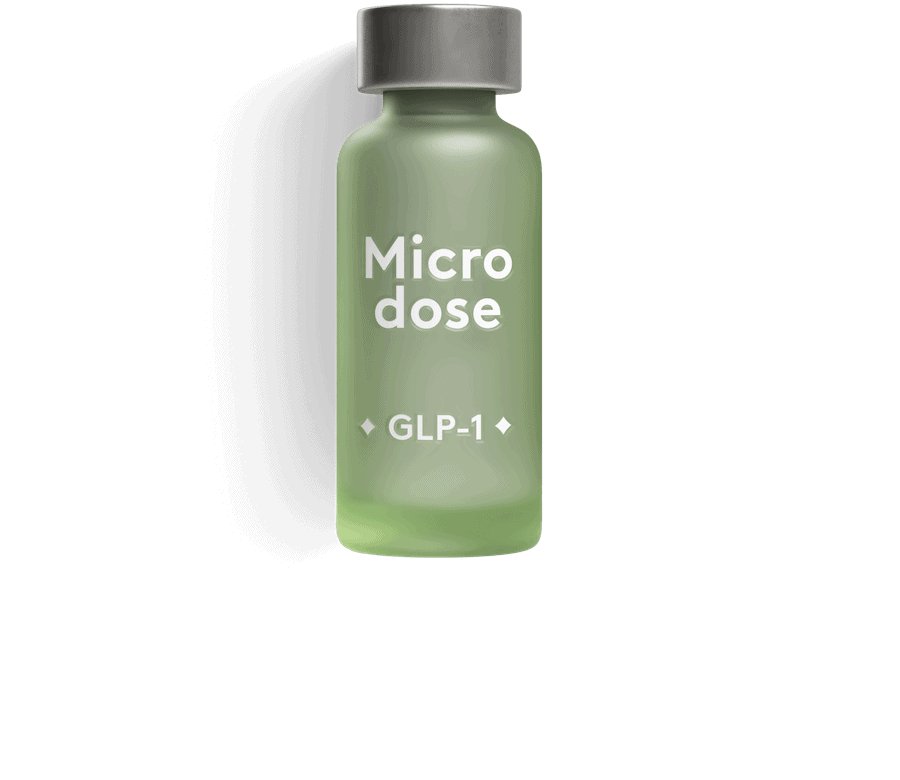
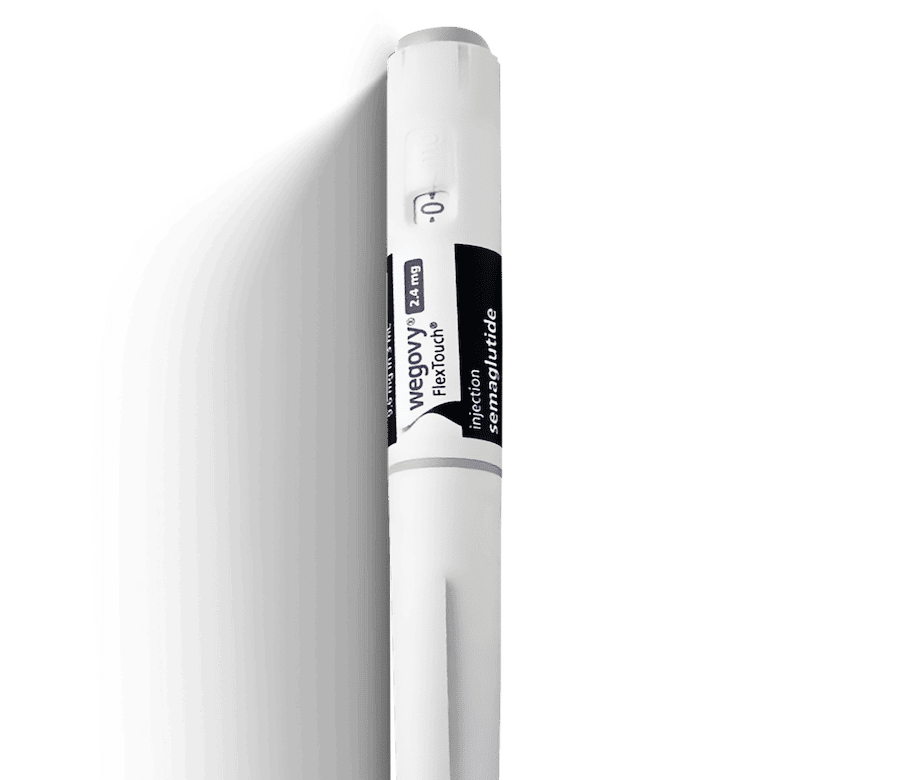

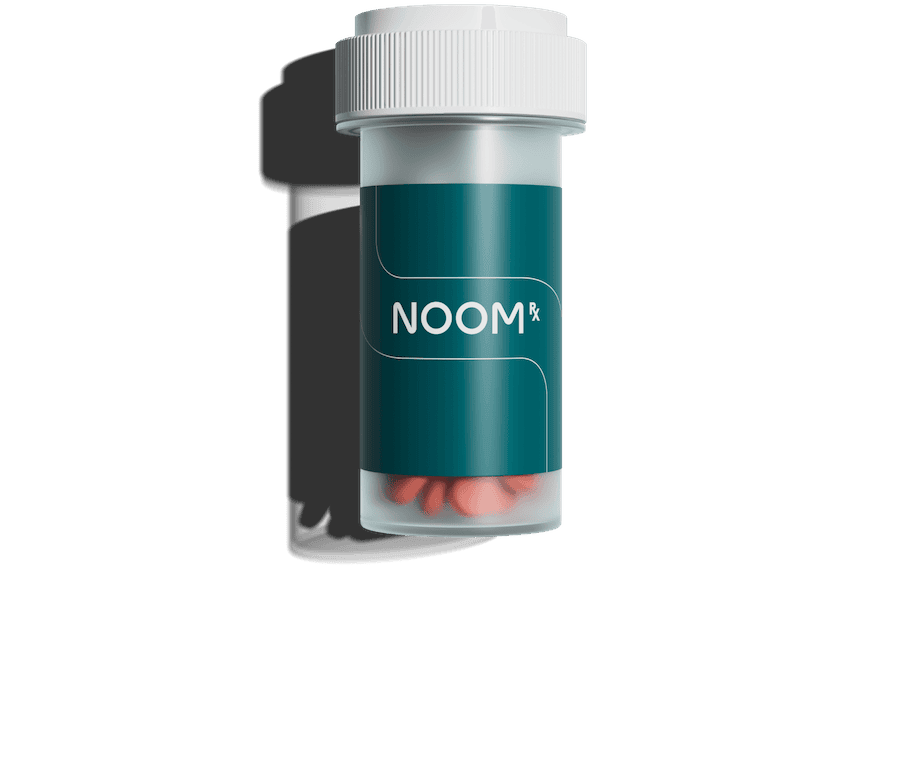

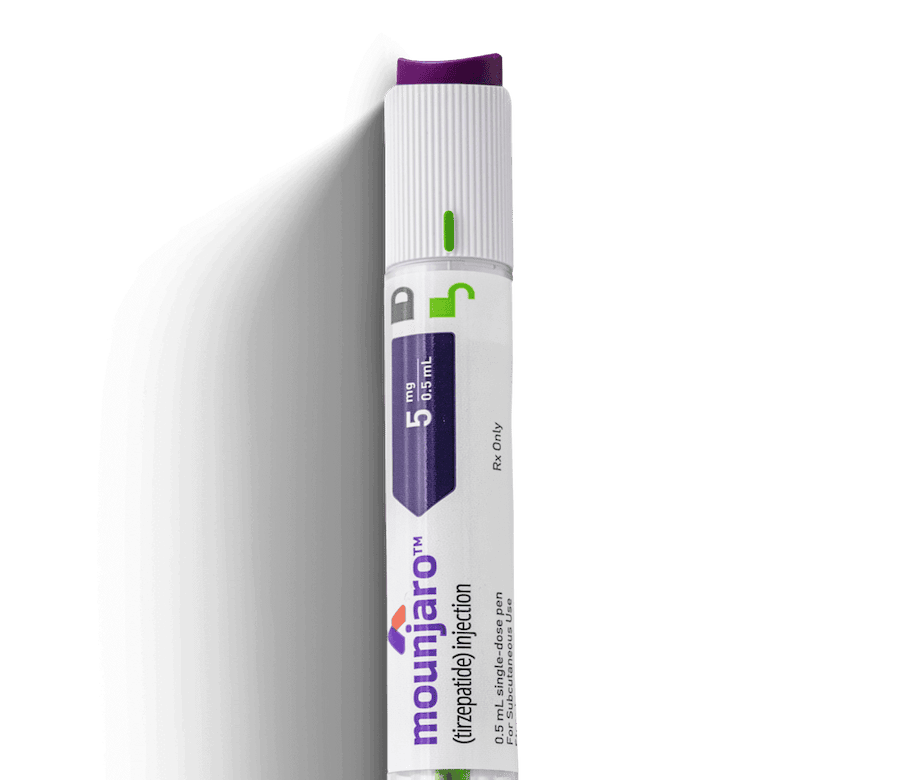
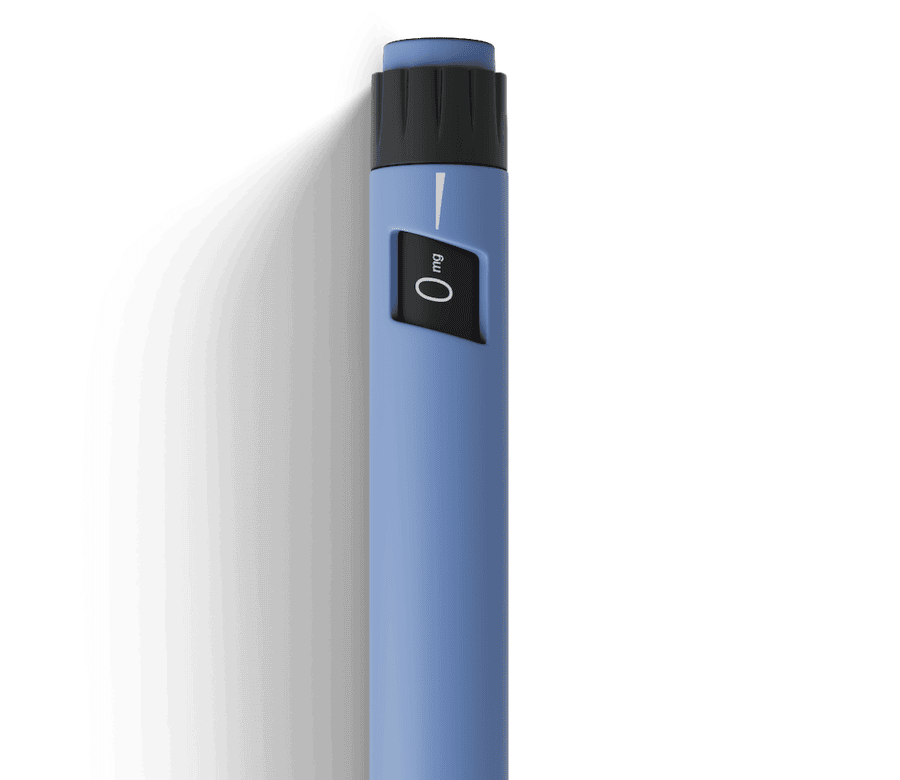
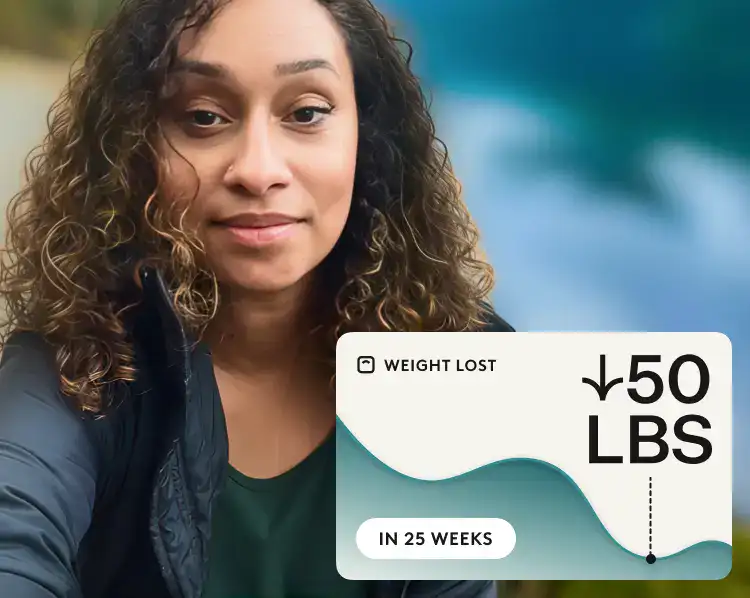
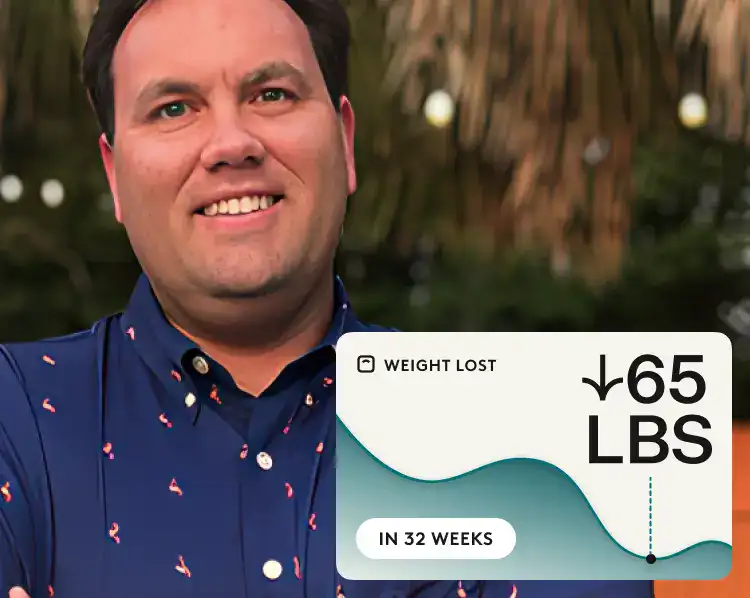
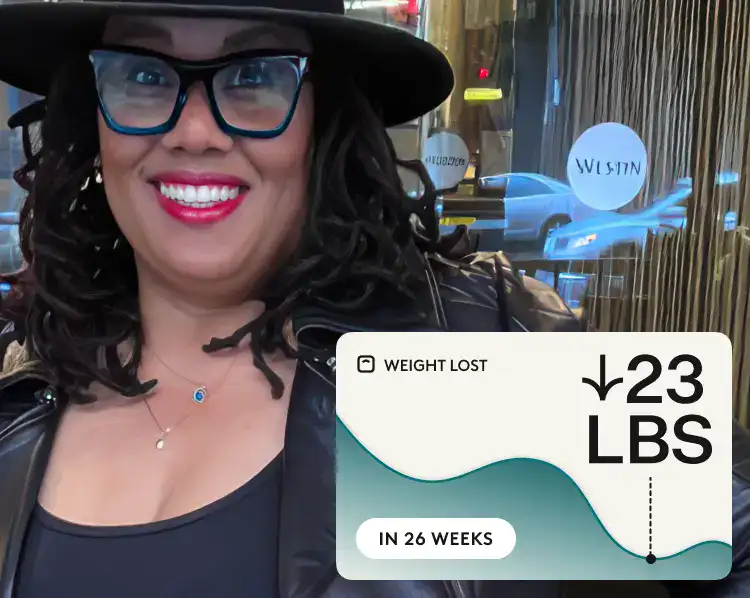
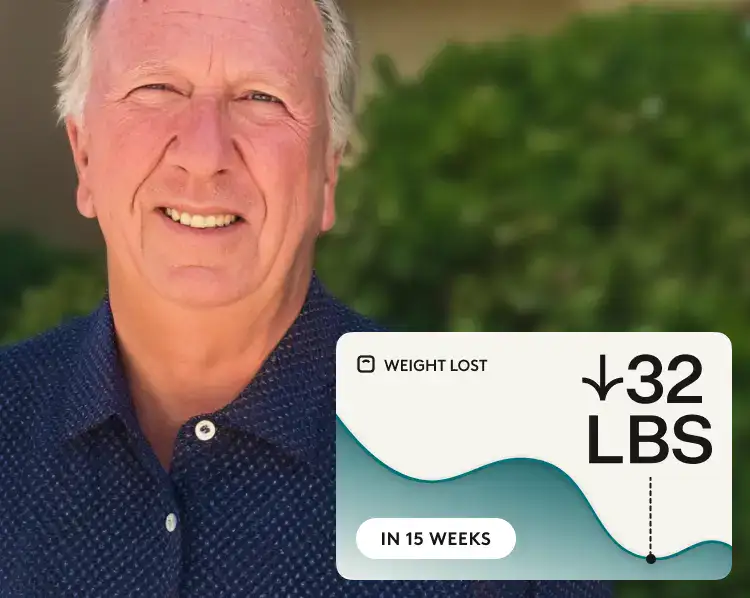
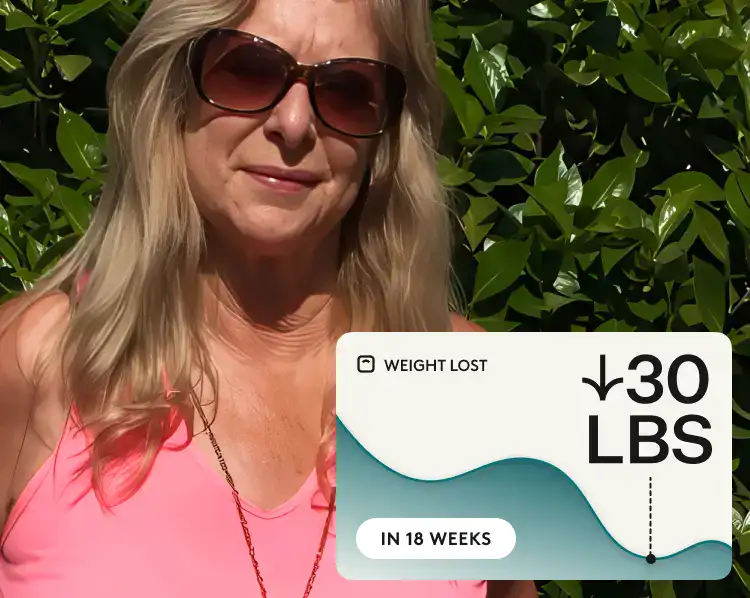
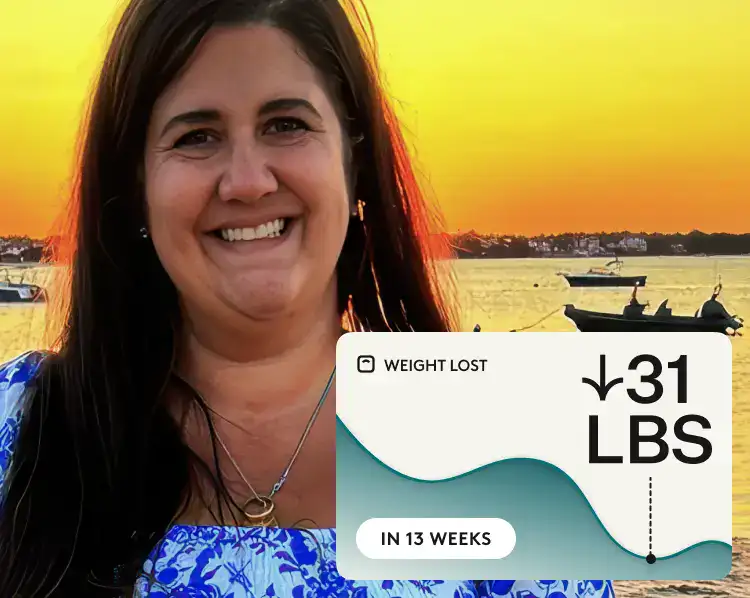
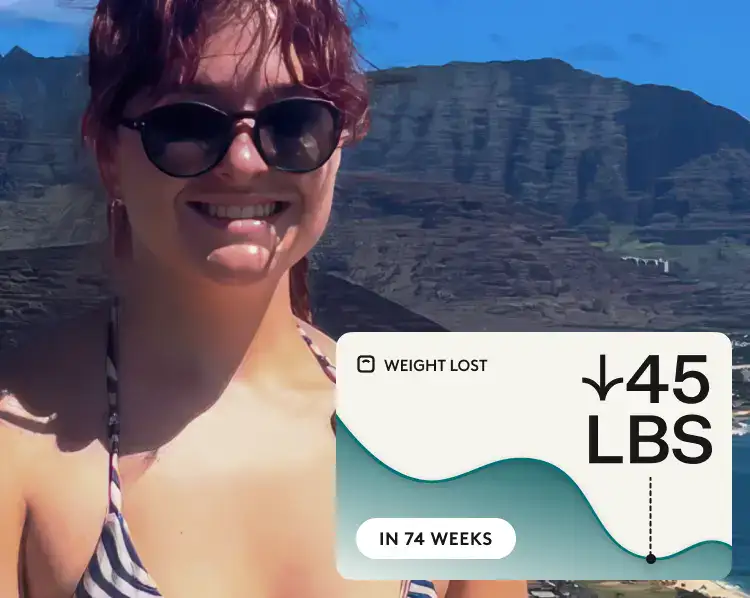
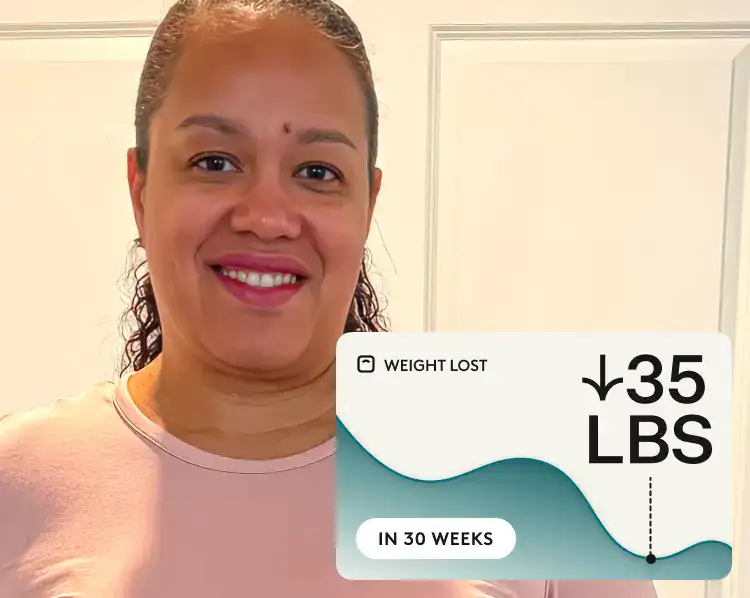
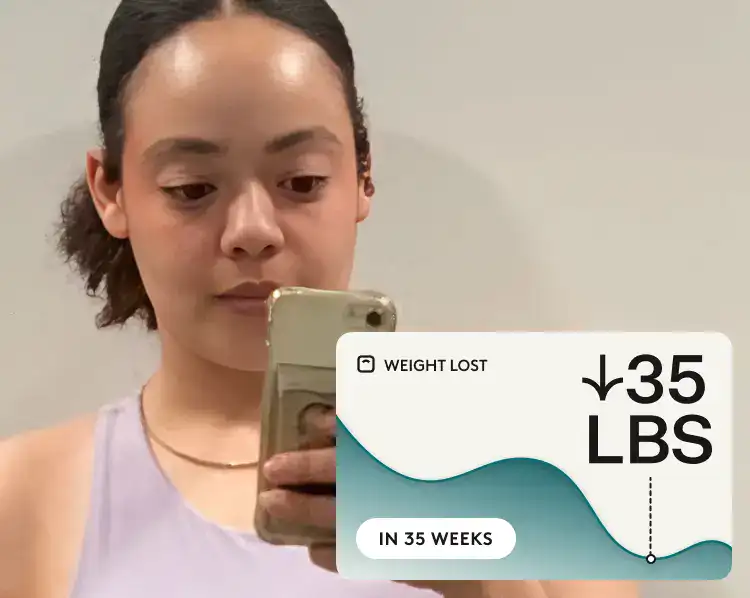
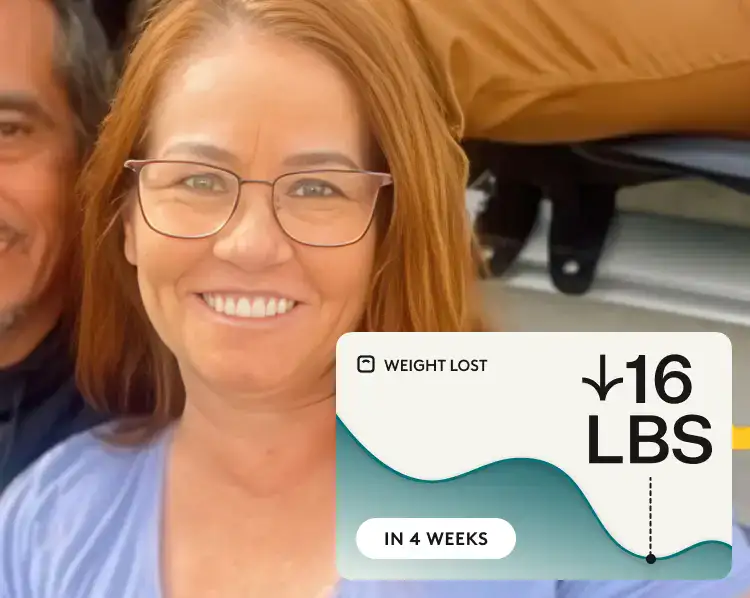
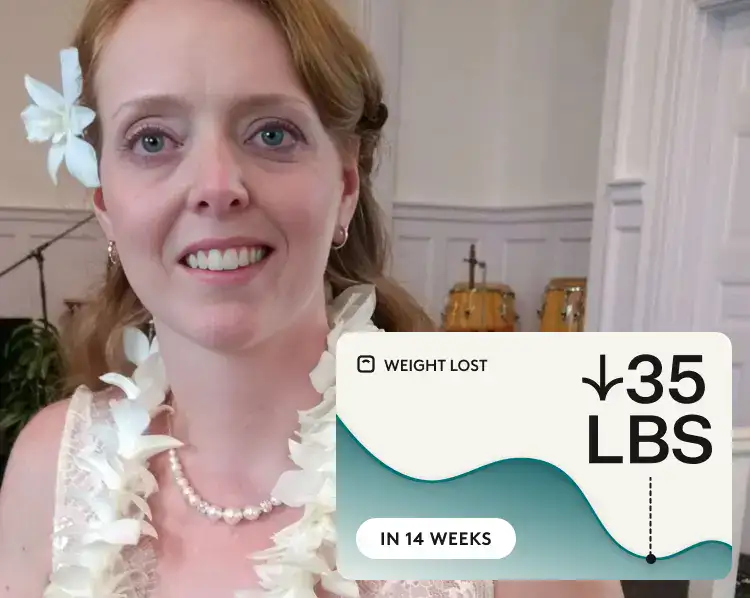

 Meaghan Cameron
Meaghan Cameron
 Noom Team
Noom Team
 Melissa Kay
Melissa Kay


